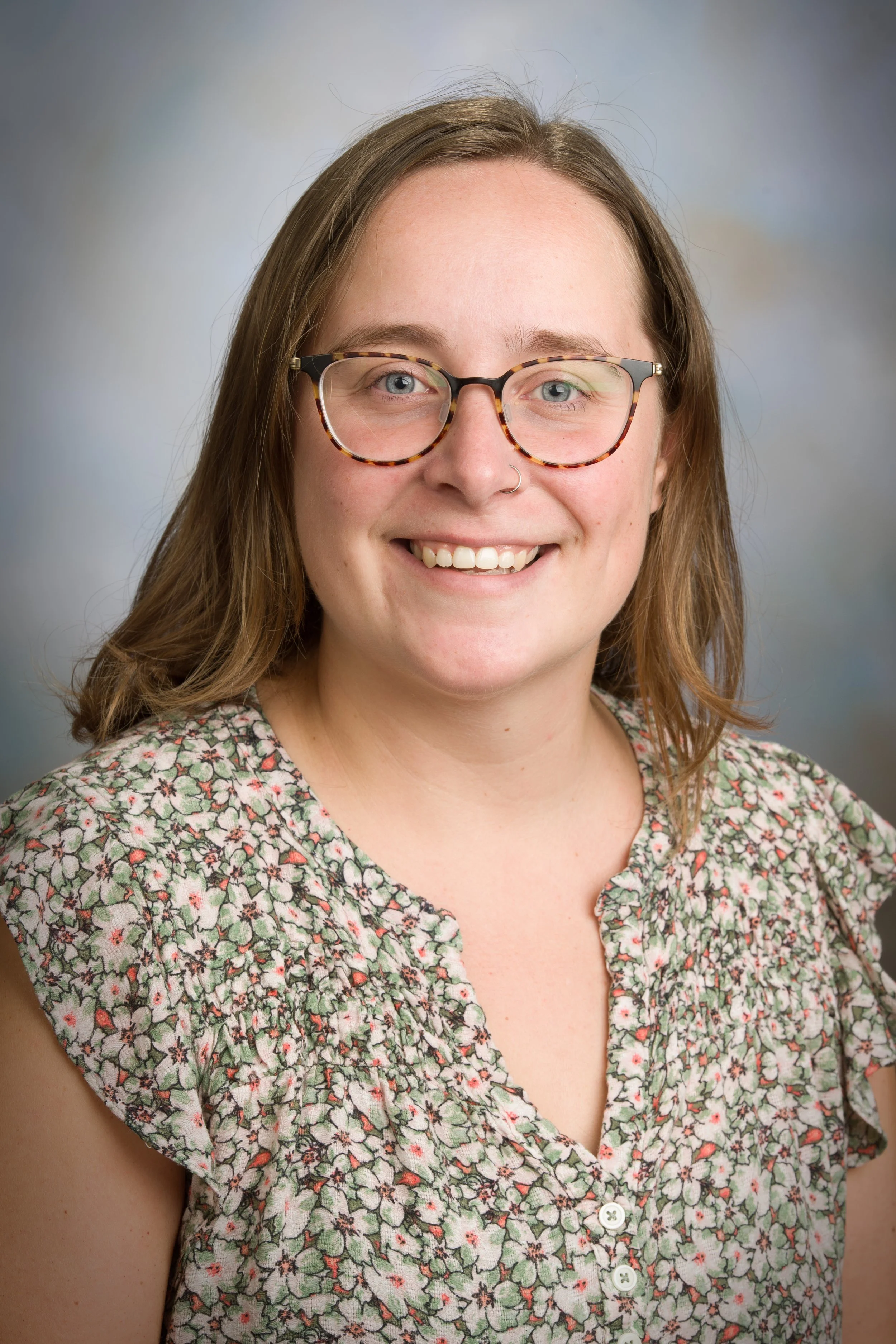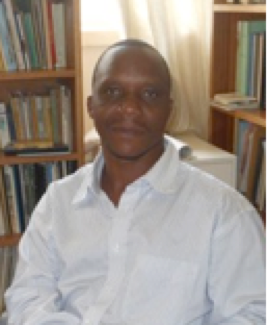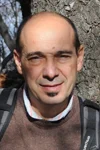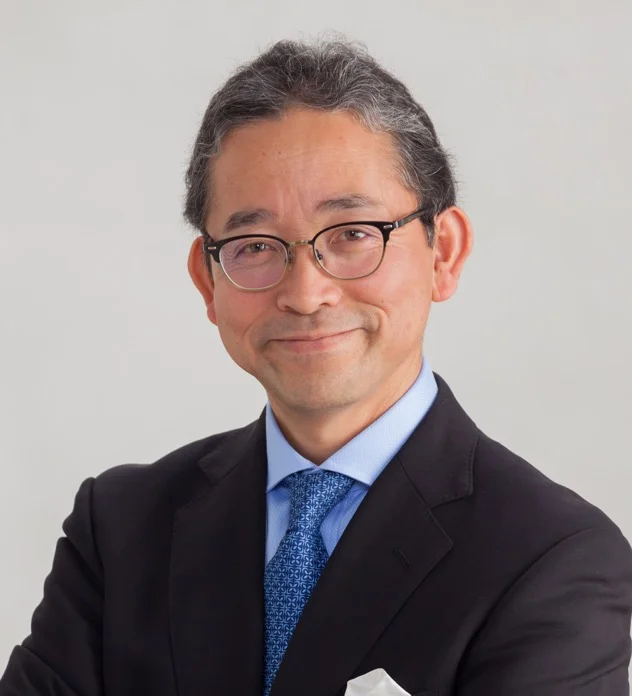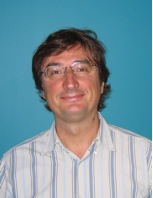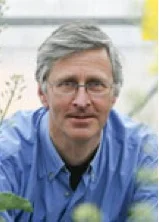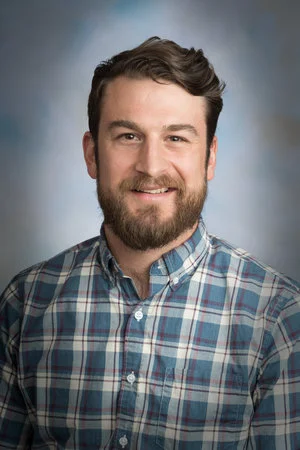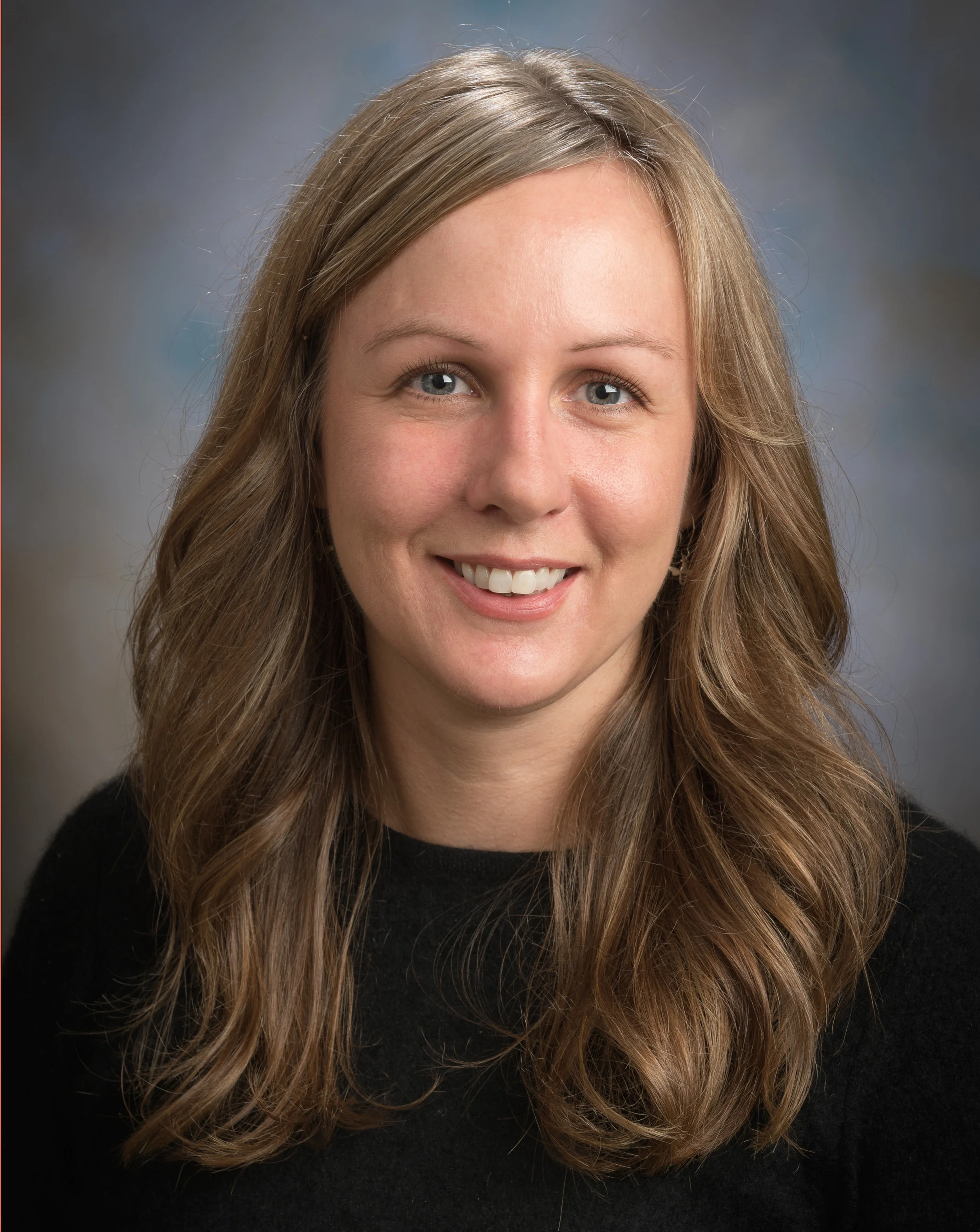Secretariat
Dr. Diana H. Wall, Scientific Chair
School of Global Environmental Sustainability - Colorado State University, USA
Dr. Diana Wall, University Distinguished Professor at Colorado State University, was appointed as the Founding Director of the School of Global Environmental Sustainability in 2008. A professor in the Department of Biology, Diana is responsible for helping faculty and students contribute to progress towards a sustainable future.
Her research explores how life in soil (microbial and invertebrate diversity) contributes to healthy, fertile and productive soils and thus to society, and the consequences of human activities on soil globally. Her research on soil biota, particularly soil nematodes, extends from agroecosystems to Antarctica. Diana has spent more than 25 seasons in the Antarctic Dry Valleys examining how global changes impact soil biodiversity, ecosystem processes and ecosystem services.
Diana served as President of the Ecological Society of America, the American Institute of Biological Sciences, and the Society of Nematologists. In 2018 she was elected to the National Academy of Sciences. Diana received the 2017 Eminent Ecologist Award from the Ecological Society of America, the 2016 Honorary Member award from the British Ecological Society, the 2015 Ulysses Medal from University College Dublin, 2013 Tyler Prize for Environmental Achievement, the 2012 SCAR President’s Medal for Excellence in Antarctic Research and the 2013 Soil Science Society of America Presidential Award. Wall Valley, Antarctica was named in 2004 to recognize her research. She is a Fellow of the American Association for the Advancement of Science, the Ecological Society of America and the Society of Nematologists and holds an Honorary Doctorate from Utrecht University, The Netherlands. She received a B.A. and Ph.D. at the University of Kentucky, Lexington.
Click here to access Diana’s CV.
Dr. Leena Vilonen, Executive Director
School of global environmental sustainability - colorado state university, usa
Dr. Leena Vilonen earned her Bachelor’s degree in Biology from Northwestern University in 2016 and her PhD from Colorado State University in 2022. She is excited to be back at CSU and working with GSBI. Her research from her PhD aimed to understand how global change drivers, such as drought, impact resistance and resilience of the soil microbial community (bacteria and fungi) in grasslands using amplicon sequencing. Her research largely focused on understanding the legacy effects of drought (responses post-disturbance) and how to define the term legacy effects.
From Leena: I look forward to working with the diversity of research within GSBI and welcome any feedback and suggestions on topics for blogs, webinars, and any other feedback you may have. I can be reached at leena.vilonen@colostate.edu. I’m excited to hear from you!
Scientific Advisory Committee
Dr. Fred Ayuke
University of Nairobi, Kenya
Dr. Richard Bardgett
University of Manchester, United Kingdom
Dr. Ciro Gardi
European Food Safety Authority, Italy
Dr. Nobuhiro Kaneko
Fukushima University, Japan
Dr. Fatima Maria de Souza Moreira
Federal University of Lavras, Minas Gerais, Brazil
Dr. Luca Montanarella
European Commission - Joint Research Centre, Italy
Dr. Johan Six
Group of Sustainable Agroecosystems - ETH Zurich, Switzerland
Dr. Wim van der Putten
Netherlands Institute of Ecology, and Wageningen Center for Soil Ecology, The Netherlands
Associates
Dr. Monica Farfan
Science Policy Coordinator, Soils for Europe (SOLO)
Monica Farfan was the Executive Director of the Global Soil Biodiversity Initiative from 2020-2023. She is a mite community ecologist interested in predator-prey interactions and how bottom-up and top-down effects influence decomposition. Her research focuses on detrital and foliar communities and links between these above- and belowground systems. Most recently, Monica was a United States Department of Agriculture-National Institute of Food and Agriculture Postdoctoral Fellow with Clemson University working on the diversity and food webs of predatory mites in agricultural fields in South Carolina. She is the current president of the Acarological Society of America and served as Secretary/Treasurer from 2015-2018. Monica has been on the faculty at the School of the Art Institute of Chicago and DePaul University, Chicago, IL. She received her Ph.D. in Biological Sciences from the University of Illinois-Chicago and her M.Sc from The Ohio State University.
Dr. Carl Wepking
Great Lakes Bioenergy Research Center, Wisconsin, United States
Carl Wepking was the Executive Director of the Global Soil Biodiversity Initiative from 2018-2020. He is an ecologist focused soil, soil biota and ecosystems. He received his B.S. in Environmental Science from St. Norbert College, his M.S. in Environmental Science from Washington State University, and his Ph.D. in Biology from Virginia Polytechnic Institute and State University where he was also named an Interfaces of Global Change Fellow within the Global Change Center.
Dr. Elizabeth Bach
The Nature Conservancy, Nachusa Grasslands, Illinois, United States
Elizabeth Bach was the Executive Director of the Global Soil Biodiversity Initiative from 2016-2018. She is a soil microbial ecologist interested in exploring how fungal and bacterial communities influence ecosystem functions, specifically carbon and nitrogen cycling. She also investigates interactions between soil microbes and soil structure. Her research focuses on restored grassland systems in central North America. She received her Ph.D. from Iowa State University and M.Sc. from Southern Illinois University Carbondale.
Dr. Tandra Fraser
Agriculture and Agri-Food Canada
Tandra Fraser was the Executive Director of Global Soil Biodiversity Initiative from 2014-2016. She is a soil molecular biologist interested in the response of soil microbes to anthropogenic-induced changes. Her research has focused on linking soil bacterial communities to metabolic functions for biochemical cycling of phosphorus in agricultural and grassland soils of the Northern Great Plains. Tandra has worked with researchers, community groups and farmers across Canada. After completing a M.Sc. in soil science at the University of Saskatchewan, she spent a year working with farmers in Honduras on a project to improve nutrient management on remote hillside farms. She received her Ph.D. from the University of Guelph in 2015.
Dr. Kelly S. Ramirez
Netherlands Institute of Ecology, Netherlands
Kelly S. Ramirez was the Executive Director of Global Soil Biodiversity Initiative from 2011-2014. A soil microbial ecologist, she combines research interests in global nutrient cycles with molecular and other tools to explore how soil microbes respond to global changes. Her work on anthropogenic nitrogen deposition analyzes impacts on soil microbial communities and ecosystem processes through experimental work and theoretical modeling. Dr. Ramirez was awarded a National Science Foundation Pre-Doctoral Graduate Research Fellowship, a SLOAN Fellowship and the NSF Alliances for Graduate Education and Professoriate grant. She is a 2012-2013 Global Sustainability Leadership Fellow at Colorado State University. Dr. Ramirez has a Ph.D. in Ecology and Evolutionary Biology from the University of Colorado, Boulder and a B.A. in Biology from Washington State University.



